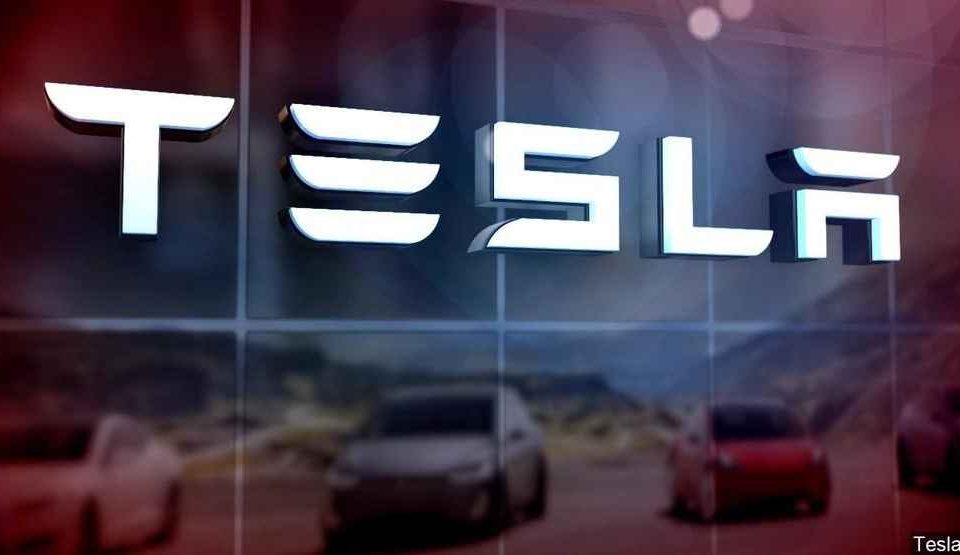Tesla is now bigger the biggest oil companies: Exxon, Chevron, Shell, Total, and BP; market cap now over $0.25 trillion

We love writing about Tesla. Just think about this for a moment. Electric car has been around for over 200 years. The first successful electric car made its debut around 1890. It was developed by William Morrison, a chemist who lived in Des Moines, Iowa. Morrison’s six-passenger vehicle, which was capable of a top speed of 14 miles per hour, was little more than an electrified wagon, but it helped spark interest in electric vehicles. Yet electric car did not gain mainstream adoption until Tesla came around with its electric sports car in 2006 that could go more than 200 miles on a single charge. Elon Musk deserves a lot of credit for capturing the minds and hearts of people around the world to really believe in electric cars.
On Monday, we wrote about Tesla after the electric company reached a major milestone with a market cap of $250 brillion. Since then, Tesla stock has gone up by another $8.46 million as of market close today. With its market cap now well over $250 billion. Tesla’s current market cap makes it bigger than Bank of America ($202 billion), Walt Disney ($203 billion), PayPal ($208 billion), Netflix ($210 billion), AT&T ($214 billion), Verizon ($226 billion), NVidia ($236 billion), and Intel ($250 billion).
Last week, Tesla also overtook Japanese automaker Toyota to become the world’s number one automaker by market capitalization. As Tesla shares soared to new record highs this week, it is now becoming increasingly clear that Tesla is poised to overtake the fossil fuel companies. Tesla is now more valuable than some of the biggest oil companies, including Exxon ($176 billion), Chevron ($155 billion), Shell ($120 billion), Total ($97 billion), and BP ($95 billion).

Below is a Twitter video from Bloomberg Jon Erlichman comparing Tesla’s market value to the big oil companies.
Comparing valuations:
Tesla: $260 billion
Exxon: $176 billion
Chevron: $155 billion
Shell: $120 billion
Total: $97 billion
BP: $75 billion pic.twitter.com/HcD8V9kn39— Jon Erlichman (@JonErlichman) July 9, 2020

